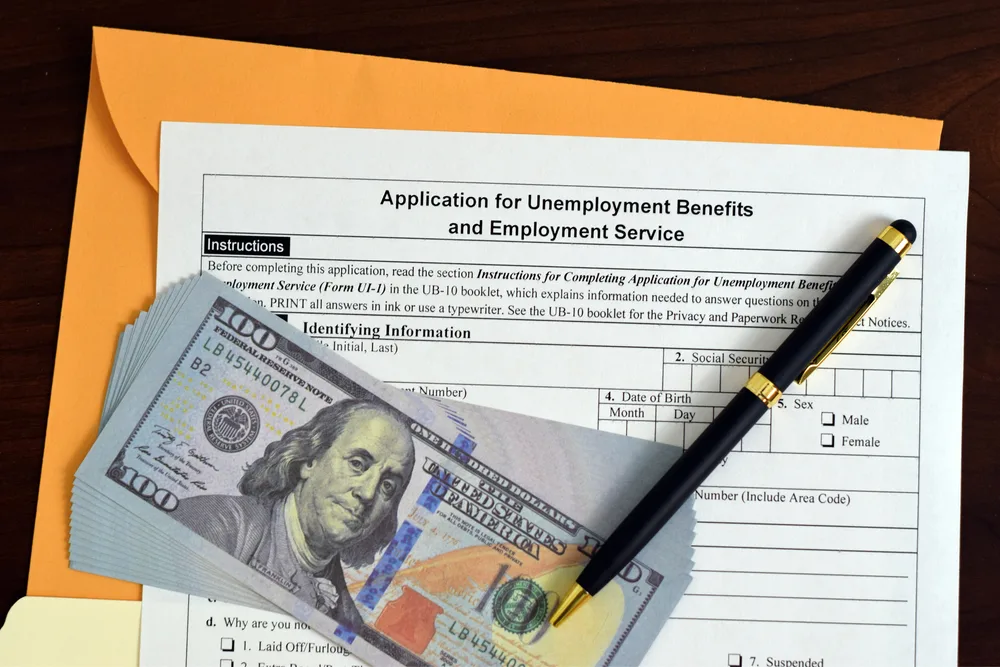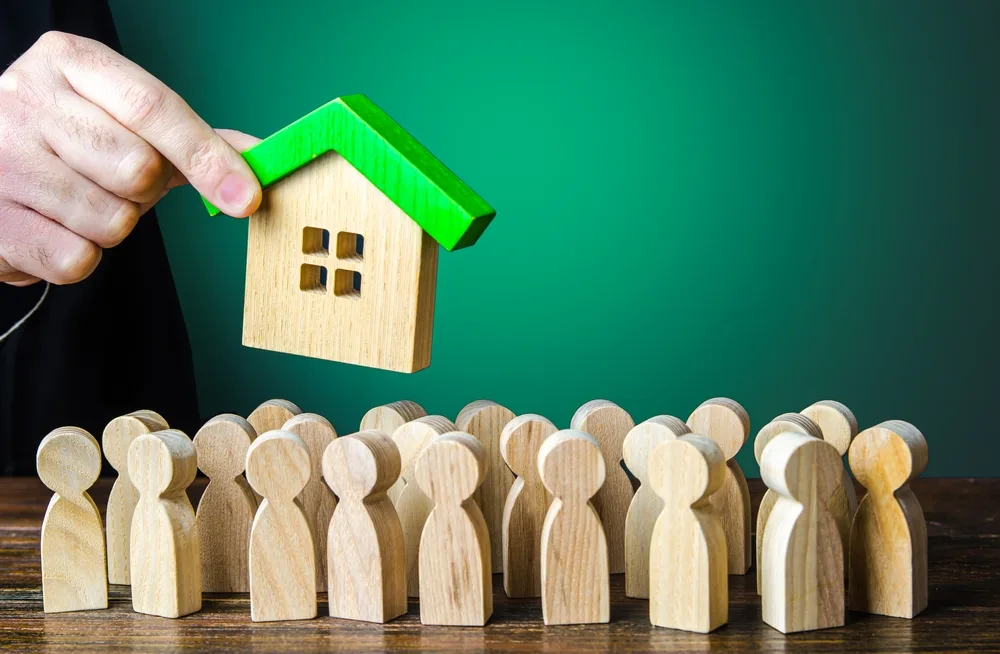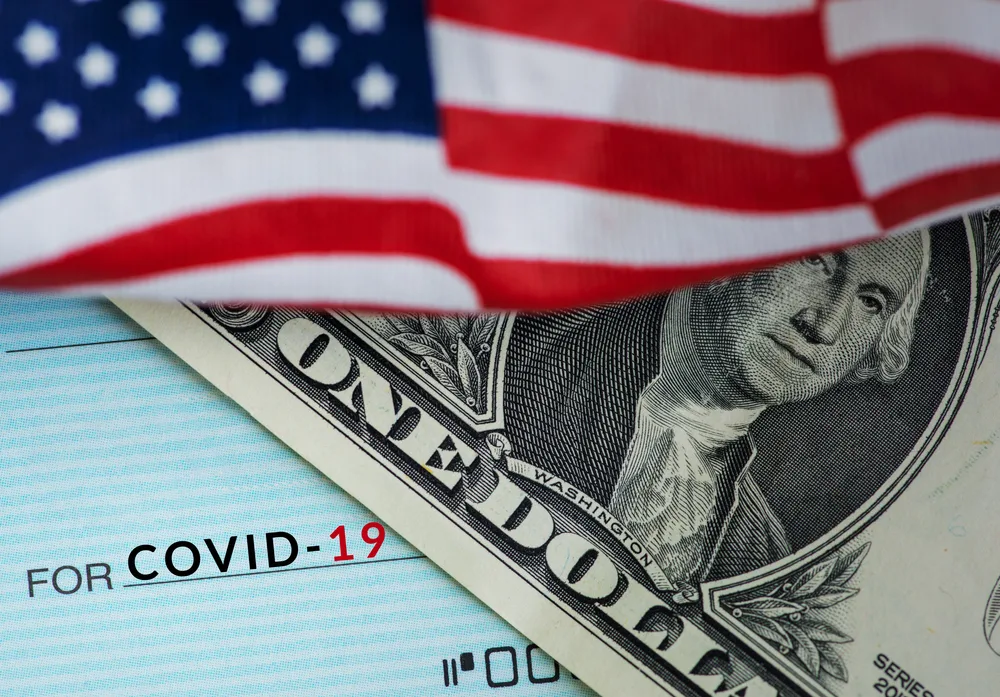
Buying a home is an expensive proposition. Depending on where you live, the cost of real estate can range from tens to hundreds of thousands of dollars.
Although there are many different ways to purchase real estate with no money down, they are limited in number due to the high cost of real estate. However, there are also some very legitimate ways to buy a home without any money down as well.
In this article, we’ll discuss how you can purchase a home without any money down as well as examples of some legitimate lending programs that offer to finance for buying homes with no money down.
What is a no-money-down loan?
To describe what a no-money-down loan is, it’s no more than a loan in which the lender does not require that you put any money down when you buy a home. Instead, you will be required to make monthly payments to the lender until the loan is paid in full.
In order to qualify for a no-money-down loan, you’ll need to show that you have enough money to pay for the home at closing and to make the monthly payments for at least the first few years.
If you don’t have enough money saved to make payments on a house, you may be able to qualify for a no-money-down loan if you have good credit.
What is an option to purchase a home with no money down?
An option to purchase a home with no money down is a type of loan that allows you to purchase a home without providing any money down. Instead, you will make monthly payments to the seller for a period of time that you and the seller agree on.
This period of time can be anywhere from a few months to several years. The seller will keep the house until the option period is complete and then you can purchase the house. Alternatively, the seller can choose to sell the house before the option period is over.
If the seller decides to sell the house before the option period is over, you will not get any of the money that they received as a down payment.
Secured loan program
A secured loan program is similar to a home equity loan in that you will loan your own house as collateral. However, instead of using the equity in the house to finance the purchase of a new home, you will use this loan to pay off an existing loan.
You will make monthly payments to the lender for a period of time that you and the lender agree on. The lender can then use these payments to pay off the loan or to pay for property taxes, maintenance, or other expenses associated with the house.
Cash-out reverse mortgage
A cash-out reverse mortgage is a reverse mortgage that allows you to borrow against the equity in your home to pay for expenses such as retirement, education, or medical expenses. Typically, you will need to have a substantial amount of money saved up that you plan to use to fund the cash-out.
You will then take out a loan against your home and make monthly payments to the lender. Once you repay the loan, you can withdraw any remaining amount of money that is left in your home equity account. However, you will have to pay taxes on this money as well as interest.
FHA financing
A Federal Housing Administration loan is a loan that is backed by the government and insured by the government. This loan is typically used by first-time homebuyers and individuals that have a bad credit history.
The financing provided by an FHA loan will be lower than a conventional loan as well as a mortgage that is not backed by the government. The loan terms are also flexible and include a variety of options that may be difficult to find with a conventional loan.
These options may include a variety of payment options, such as a payment that is based on the interest rate, a payment that is based on the amount, and a payment that is based on the amount and a percentage.
Conventional financing
Conventional financing is where you will borrow a lump sum of money from a lender and then pay it off over the terms of a loan. Typically, the monthly payment will be higher than a cash-out as it will include interest on the loan as well as insurance and property taxes.
You may be able to get a conventional loan with a down payment of as little as $500. However, most lenders will only approve a conventional loan with a minimum $1,000 down payment.
This raises the question if it’s better than FHA, to sum it up, a conventional loan has the upper hand if you have a great credit score since your mortgage rate and private mortgage insurance costs will decline. On the other hand, an FHA loan is better if you have a credit score of around a high five hundred, or a low six hundred.
Borrowing from your 401(k) or IRA
You can borrow against the value of your 401(k) or IRA account to purchase a home. This can be a good option if you have a large amount of money saved up that you can use as a down payment.
Typically, you will be required to pay a high-interest rate on a loan and pay taxes on the profit you make from the sale of the home.
This loan can be a good option if you don’t have much money saved and want to keep your overall financial picture as healthy as possible.
Conclusion
Lastly, it is possible to purchase a home with no money down in some cases. However, doing so is not easy and can also be risky. In order to be successful in this endeavor you will need to have excellent credit, a large amount of money saved up, and be willing to put up with the high risk involved with purchasing with no money down.
Moreover, you will need to be able to stay under the radar of lenders and real estate agents while you search for the right property.



